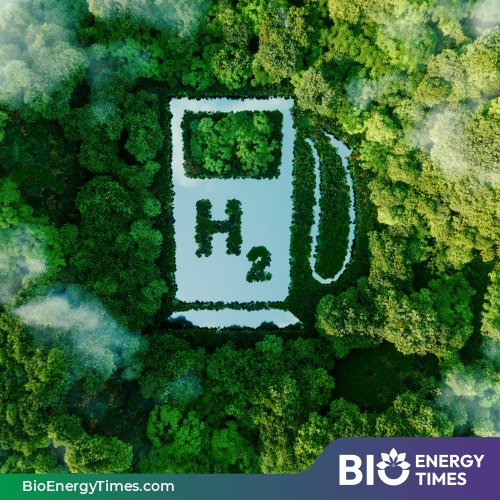Eminent scientists and thought leaders anticipate that India’s trajectory toward a net-zero target by 2070 will be propelled by the swift adoption of electric vehicles (EVs), the National Hydrogen Mission, and similar initiatives.
During an event hosted by the Technology Development Board (TDB) under the Department of Science and Technology (DST), Professor Ajay Kumar Sood, the Principal Scientific Advisor to the government, stressed the importance of promoting EVs through initiatives like the National Electric Mobility Mission Plan (NEMMP) and Faster Adoption and Manufacturing of Hybrid and Electric Vehicles (FAME). These efforts aim to mitigate greenhouse gas emissions. He also highlighted the EV Mission, led by Prime Minister Narendra Modi’s Science, Technology Innovation and Advisory Council (PM-STIAC), which focuses on developing supportive standards and frameworks for EV adoption.
“Substantial investments in green hydrogen production are a crucial component of India’s journey toward a net-zero target by 2070,” emphasized Sood. He also discussed ongoing endeavors in Carbon Capture Utilisation and Storage (CCUS) technologies, with policies aimed at optimizing costs and broadening industrial application.
Professor Abhay Karandikar, Secretary of DST, further emphasized the significance of innovation for national development. He highlighted government initiatives in funding various research and development programs and nurturing innovation through schemes like NIDHI and TDB, aimed at incubating startups and fostering entrepreneurship.
“Technology is a double-edged sword: it reduces inefficiency but can also drive increased consumption. To address this, focus on EVs, green hydrogen, carbon capture, and energy-efficient habitats. A global transition to renewable energy is essential to combat climate change,” remarked Professor Ashutosh Sharma, President of INSA and former secretary of DST.
In his keynote address, Padma Shri Professor G.D. Yadav advocated for sustainable solutions, endorsing carbon removal and technological innovations to achieve net-zero emissions by 2070.















